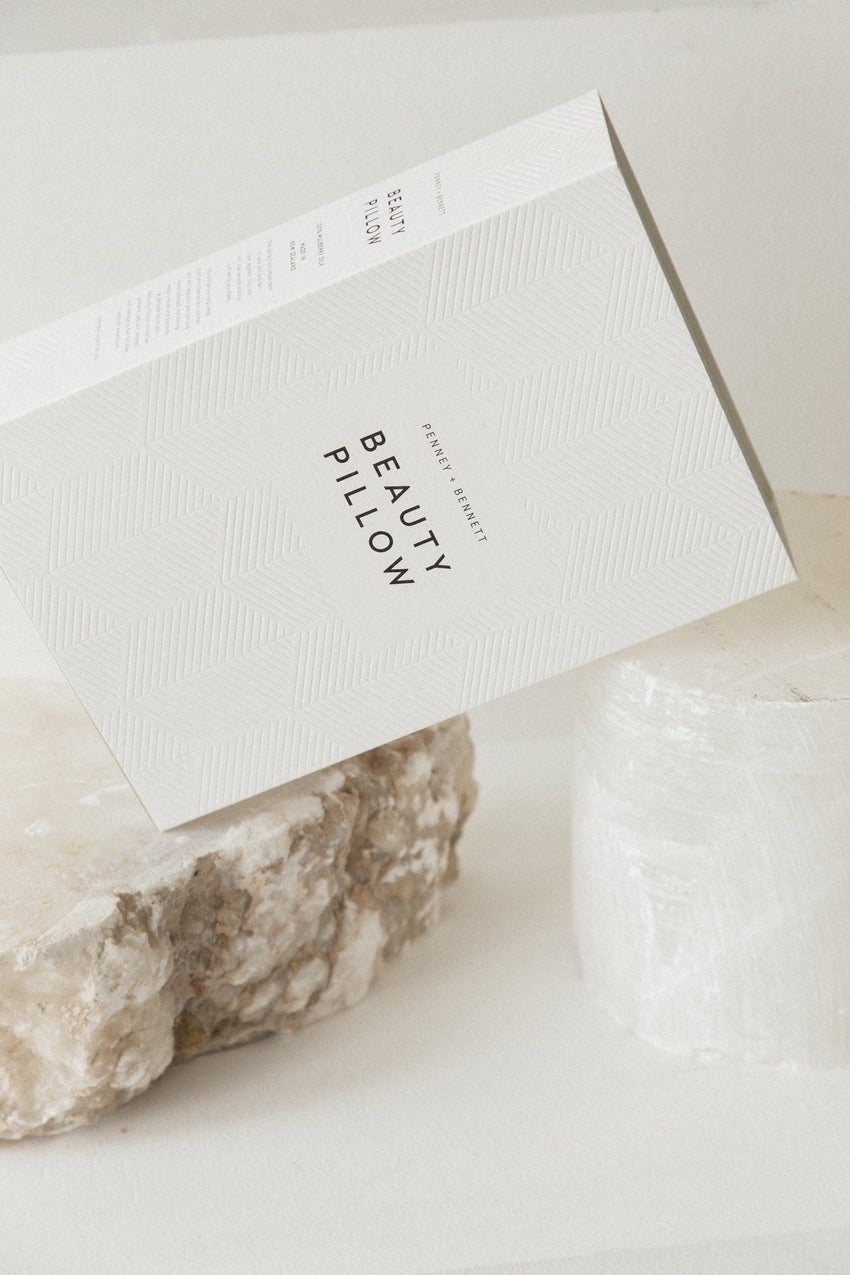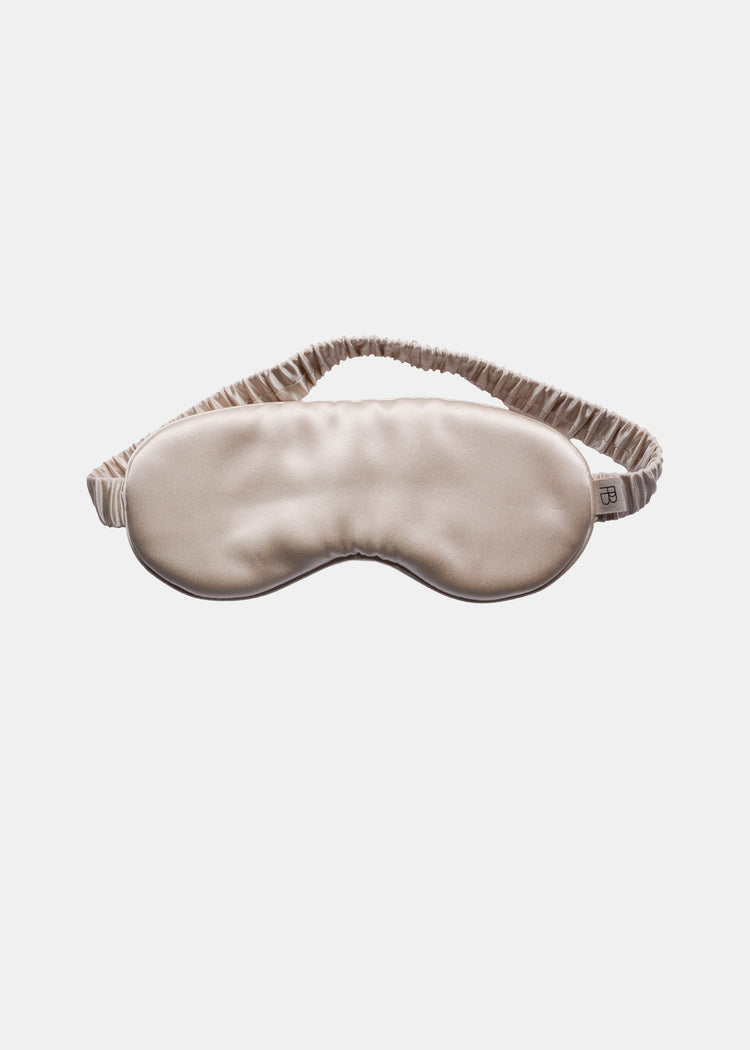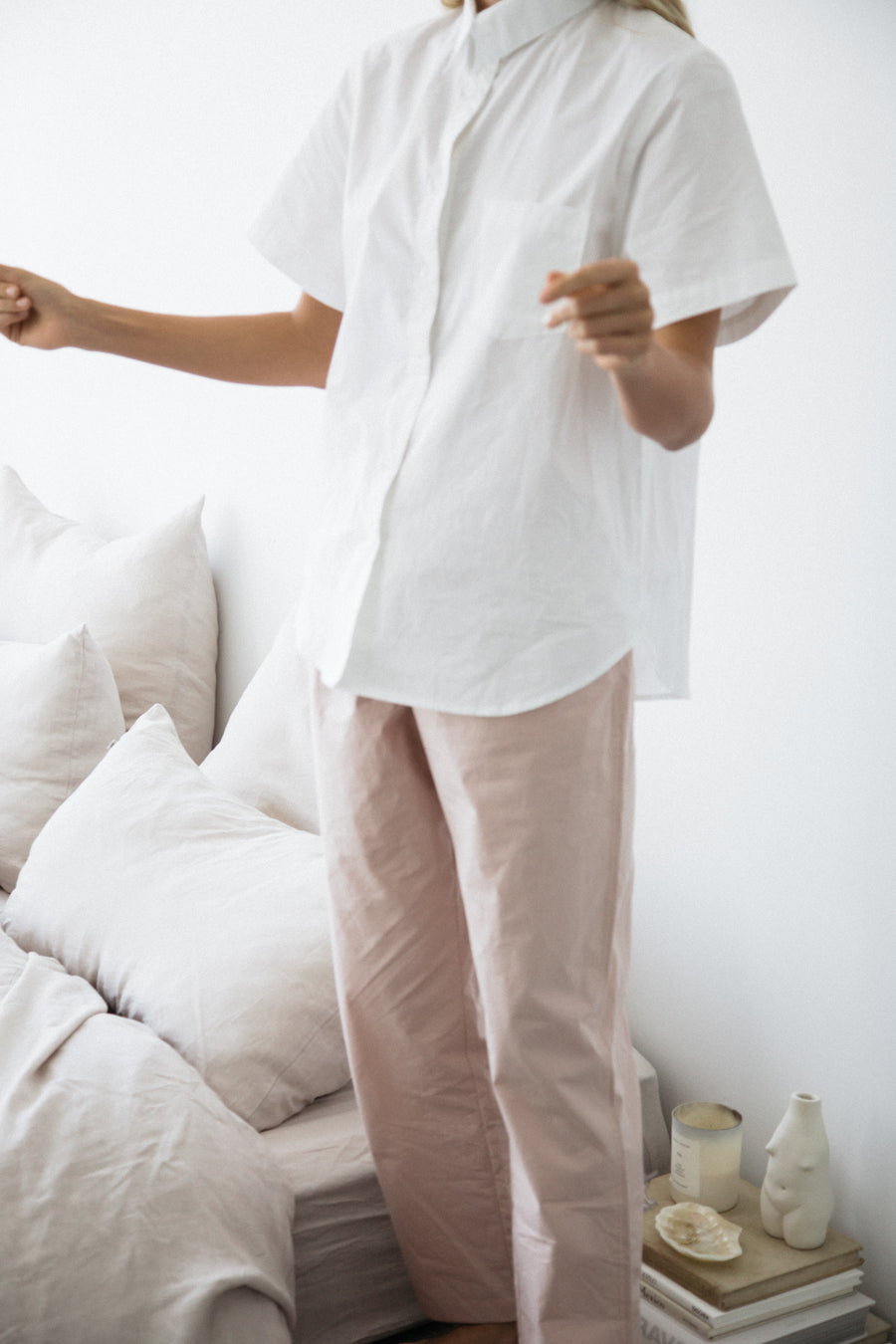Quality sleep is the cornerstone of good health and vitality. Yet, achieving a restful night's sleep can often elude us. There are some simple yet powerful practices you can incorporate into your daily routine to improve your sleep quality. Here, we'll explore nine evidence-based strategies to help you cultivate deeper, more restorative sleep.
1. Embrace Morning Sunlight:
Exposure to natural light in the morning helps regulate your body's internal clock, known as the circadian rhythm, which governs your sleep-wake cycle. Make it a habit to soak in the morning sunlight shortly after waking up. This can help synchronise your body's internal clock, promoting better sleep quality and daytime alertness.
2. Maintain a Consistent Wake-Up Time:
Consistency is key when it comes to optimising your sleep schedule. Aim to wake up at the same time every day, even on weekends. This practice helps regulate your internal sleep/wake schedule and reinforces healthy sleep patterns, making it easier to fall asleep and wake up feeling refreshed.
3. Avoid Afternoon Caffeine:
While a cup of coffee may provide a temporary energy boost, consuming caffeine in the afternoon can disrupt your sleep later on. Limit your caffeine intake, especially in the latter half of the day, to prevent interfering with your ability to fall asleep and stay asleep at night.
4. Wind Down with Stillness:
In the hours leading up to bedtime, prioritise activities that promote relaxation and stillness. Engage in calming practices such as gentle stretching, reading a book, or practicing mindfulness meditation. By quieting the mind and body, you can ease into a state of relaxation conducive to restful sleep.
5. Dim the Lights Before Bed:
Exposure to bright lights, particularly from electronic devices, can suppress the production of melatonin, a hormone that regulates sleep. In the hour or two before bedtime, dim the lights in your home and avoid screens to signal to your body that it's time to prepare for sleep. Opt for softer, warmer lighting to create a cosy atmosphere conducive to relaxation.
6. Limit Daytime Napping:
While a short nap can provide a boost, excessive daytime napping can disrupt your night time sleep schedule. If you feel the need to nap during the day, keep it short (around 20-30 minutes) and avoid napping too close to bedtime to minimise its impact on your ability to fall asleep at night.
7. Practice Deep Breathing Techniques:
Deep breathing exercises can help calm the mind and body, making it easier to drift off into peaceful sleep. Before bed, try incorporating deep breathing techniques such as diaphragmatic breathing or the 4-7-8 technique. Focus on inhaling deeply through your nose, holding your breath for a few seconds, and exhaling slowly through your mouth.
8. Create a Cool Sleep Environment:
Temperature plays a crucial role in sleep quality, with cooler environments typically being more conducive to restful sleep. Keep your bedroom cool and comfortable by adjusting the thermostat, or opening windows to let in cool air, or using a fan. Consider investing in breathable bedding and pyjamas to help regulate your body temperature throughout the night.
9. Keep Your Sleeping Space Dark:
Light exposure, even from sources like streetlights or electronic devices, can disrupt your body's natural sleep-wake cycle. Keep your sleeping environment as dark as possible by using blackout curtains or blinds to block out external light sources. Minimise the use of electronics with bright screens, and consider using an eye mask if necessary to create a dark, tranquil sleep environment.
Improving your sleep quality doesn't have to be complicated. By incorporating these nine simple yet effective practices into your daily routine, you can create the optimal conditions for restorative sleep. From embracing natural sunlight to cultivating a calming bedtime routine, small adjustments can yield significant improvements in your sleep quality, leaving you feeling refreshed, rejuvenated, and ready to tackle each day.

















